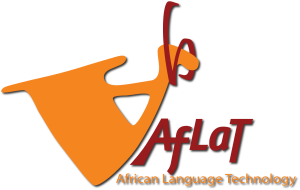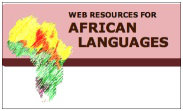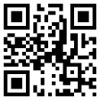In a manuscript from 1987 William Labov states that although linguistics is a field with a long historical tradition and with a high degree of consensus on basic categories, it experiences a fundamental devision concerning the role that quantitative methods should play as part of the research progress. Linguists differ in the role they assign to the use of natural language examples in linguistic research and in the publication of its results. In this paper we suggest that the general availability of richly annotated, multi-lingual data directly suited for scientific publications could have a positive impact on the way we think about language, and how we approach linguistics. We encourage the systematic generation of linguistic data beyond what emerges from fieldwork and other descriptive studies and introduce an online glossing tool for textual data annotation. We argue that the availability of such an online tool will facilitate the generation of in-depth annotated linguistic examples as part of linguistic research. This in turn will allow the build-up of linguistic resources which can be used independent of the research focus and of the theoretical framework applied. The tool we would like to present is a non-expert-user system designed in particular for the work with lesser documented languages. We show how the storage of richly annotated multi-lingual data can be achieved in the form of a freely accessible online repository equipped with a glossing editor.
| 

